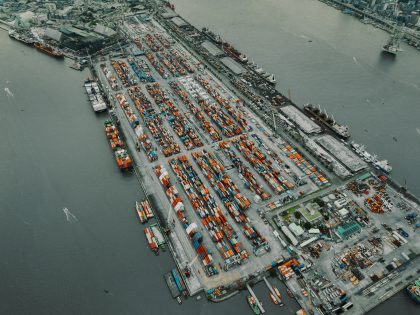Party People
Recipes for the cookshops of anti-neoliberalism.

(Personal Democracy / Flickr)
Union Based Parties
- Latin America: Uruguay’s Frente Amplio and the anti-neoliberal trade union PIT-CNT formed the backbone of anti-neoliberal resistance in the 90s, gaining significant enough support to become the ruling party by 2005.
- Africa: Efforts by African unions to form independent political parties tended to be stymied in the 1980s and 1990s by military regimes or single-party states during the era of political liberalization in Africa. This meant that union-based parties did not constitute the main electoral opposition to neoliberalism once election resumed.
Dual (Union and Social Movement) Based Parties
- Latin America: Brazil’s PT and Argentina’s PJ were born out of alliances between pre-neoliberal left unions and new social movements in the first phase of anti-neoliberal struggle.
- Africa: Powerful left oriented social movements emerged in the first phase of anti-neoliberal struggle. However, they suffered significant repression, and following the fall of the Soviet Union, were often absorbed—either into a broader pro-democracy agenda led by pro-neoliberal elites, or a more apolitical NGO sector.
Social Movement Initiated
- Latin America: New anti-neoliberal movements for women’s, peasants and informal sector rights, anti-privatization, student movements, and land reform and environmental justice movements constructed electorally viable political parties. This is evident in the rise of Bolivia’s MAS and Chile’s Frente Amplio party.
- Africa: While new environmental, informal sector, and youth movements have arisen after structural adjustment, their anti-neoliberal or left content has not been dominant. Likewise, they have failed to forge broad anti-neoliberal coalitions or put forward electorally viable anti-neoliberal parties.
Leader-Initiated Parties
- Latin America: Venezuela’s PSUV under Hugo Chavez and Ecuador’s PIAS under Rafael Correa were led by charismatic leaders, whose mass support unified fragmented anti-neoliberal movement landscapes.
- Africa: The EFF led by Julius Malema, and the AAC led by Omoyele Sowere have attempted to push forward a charismatic beret-wearing form of anti-neoliberal electoral contestation. Local level victories by both parties have demonstrated both the promise and the significant limitations of this pathway.



















